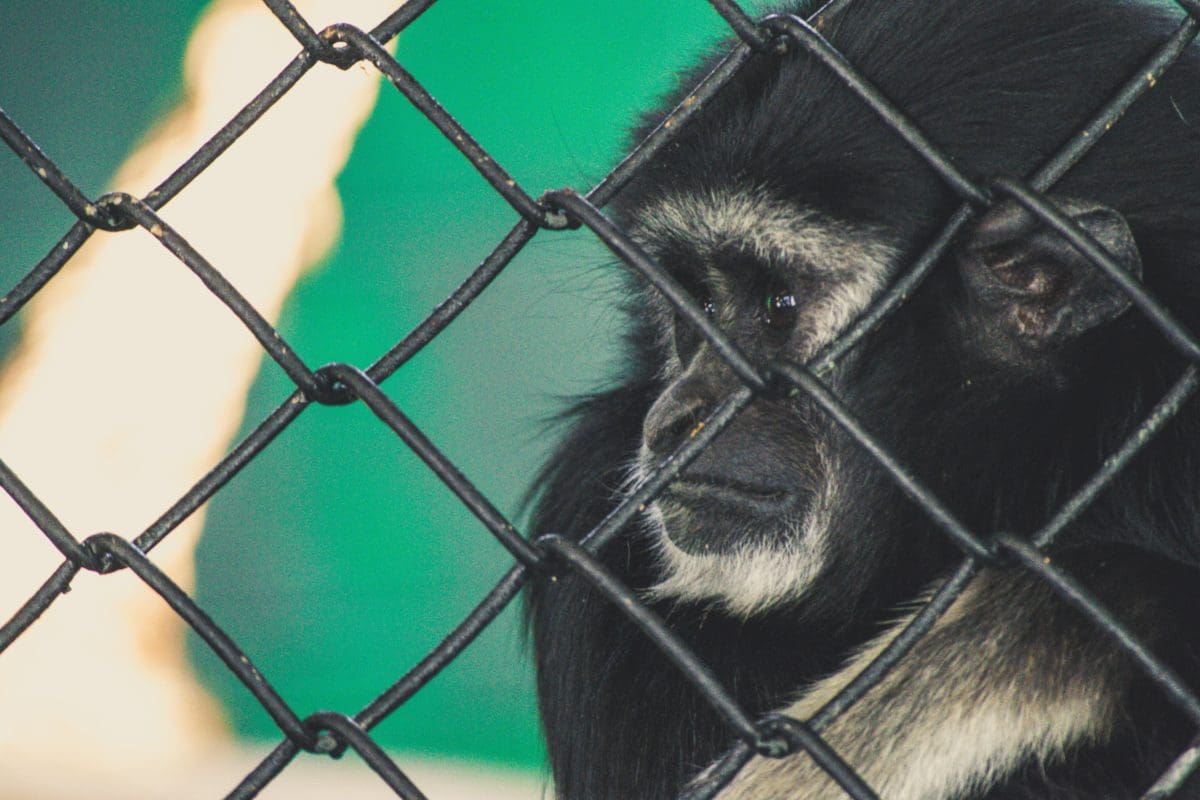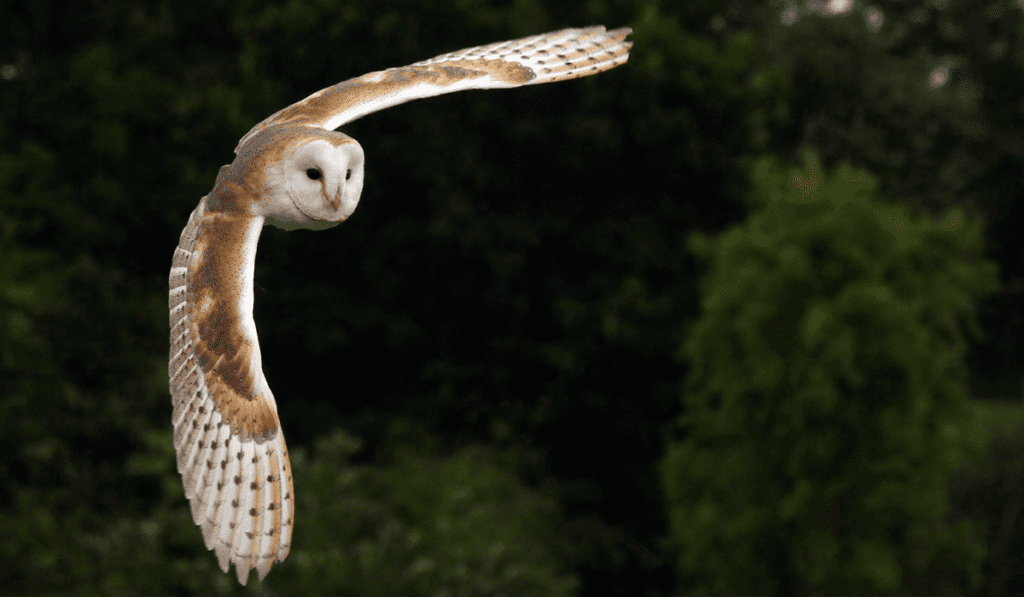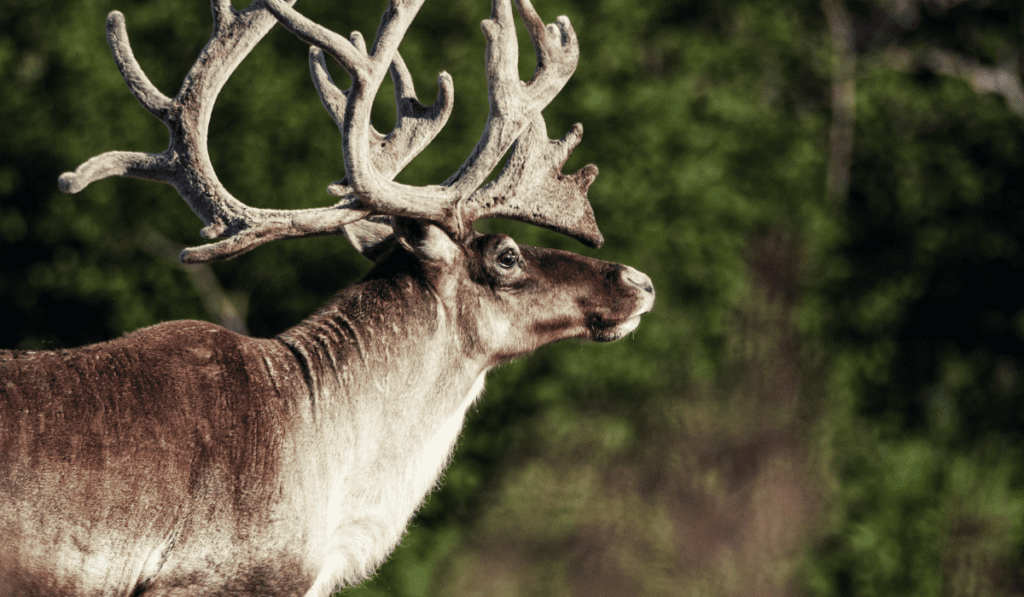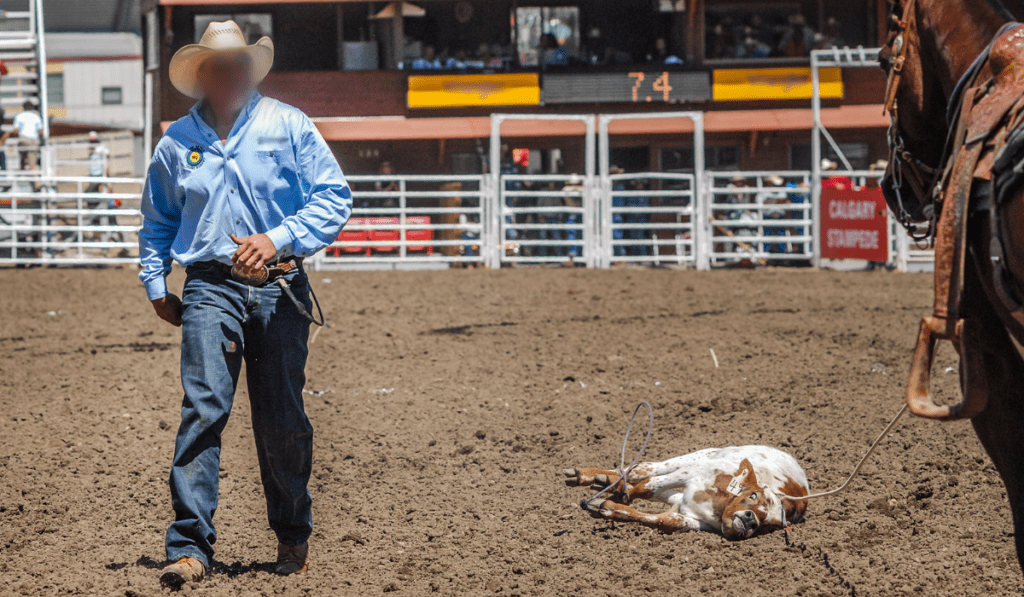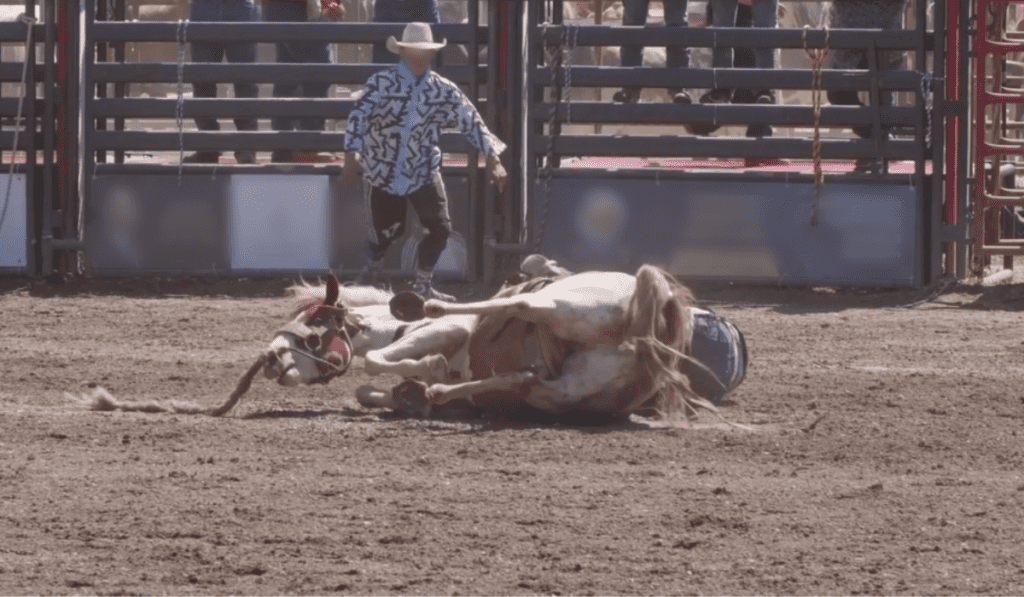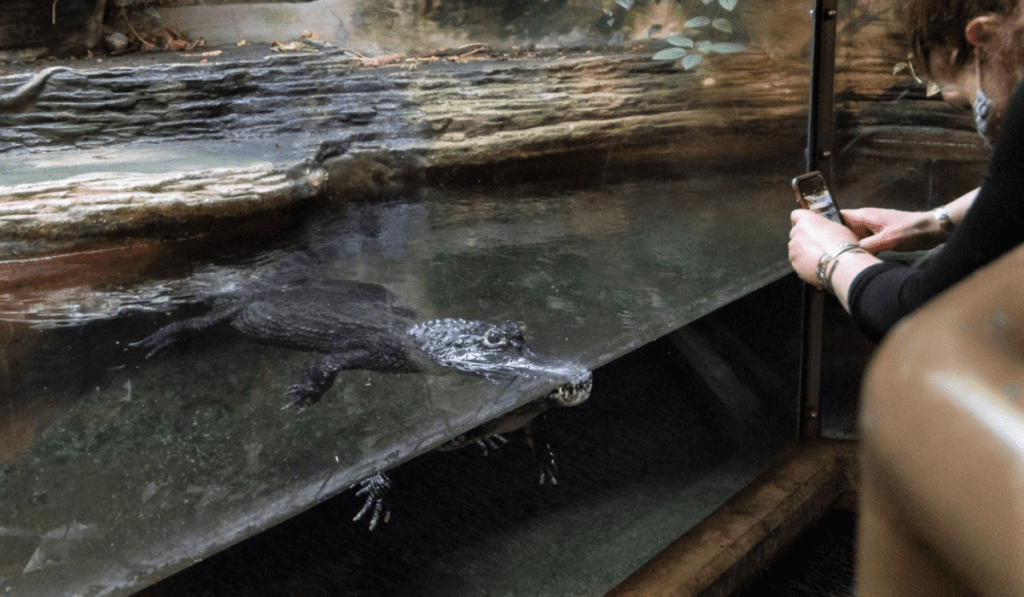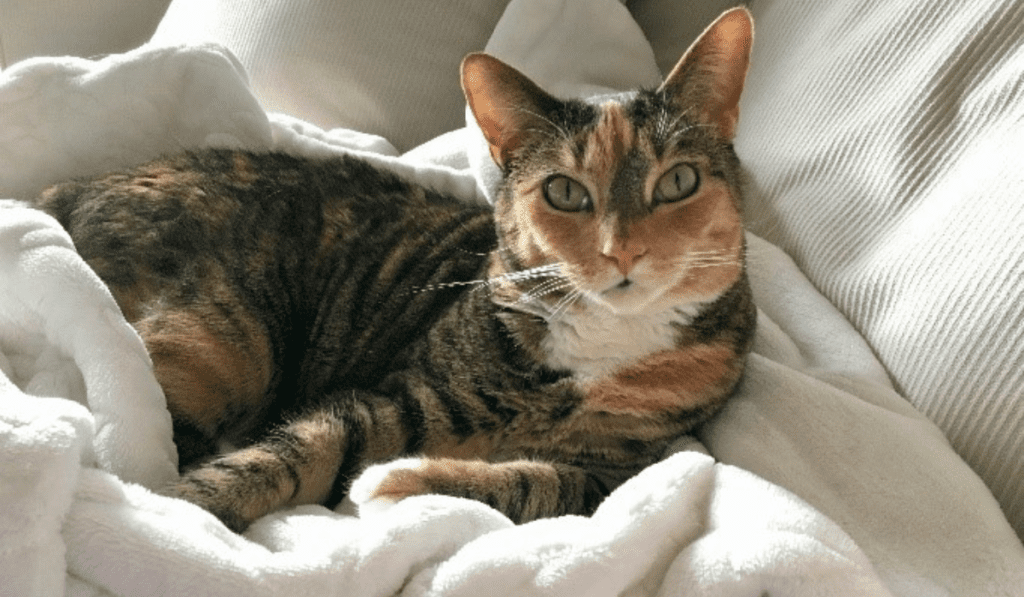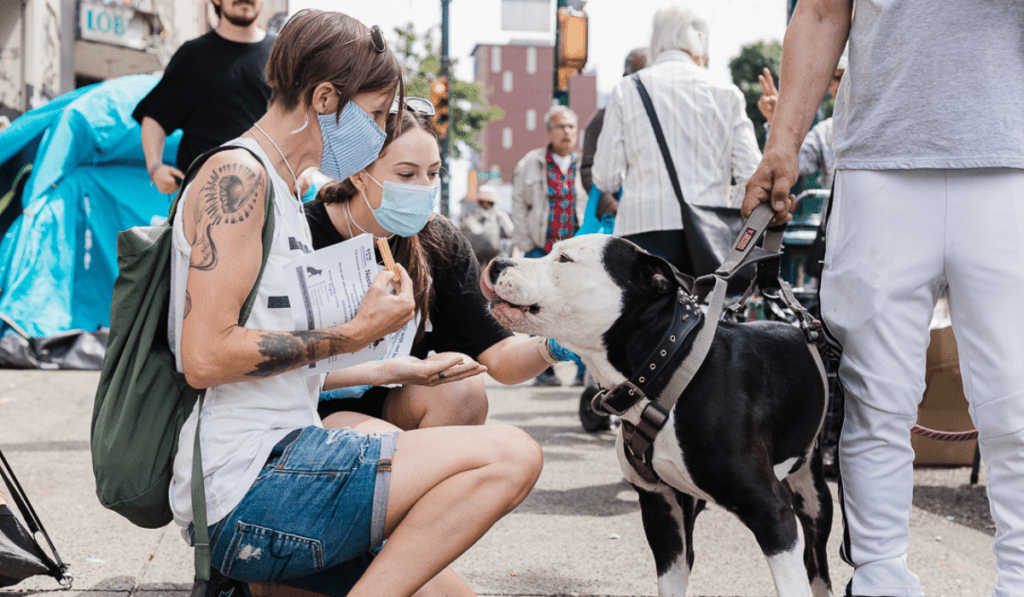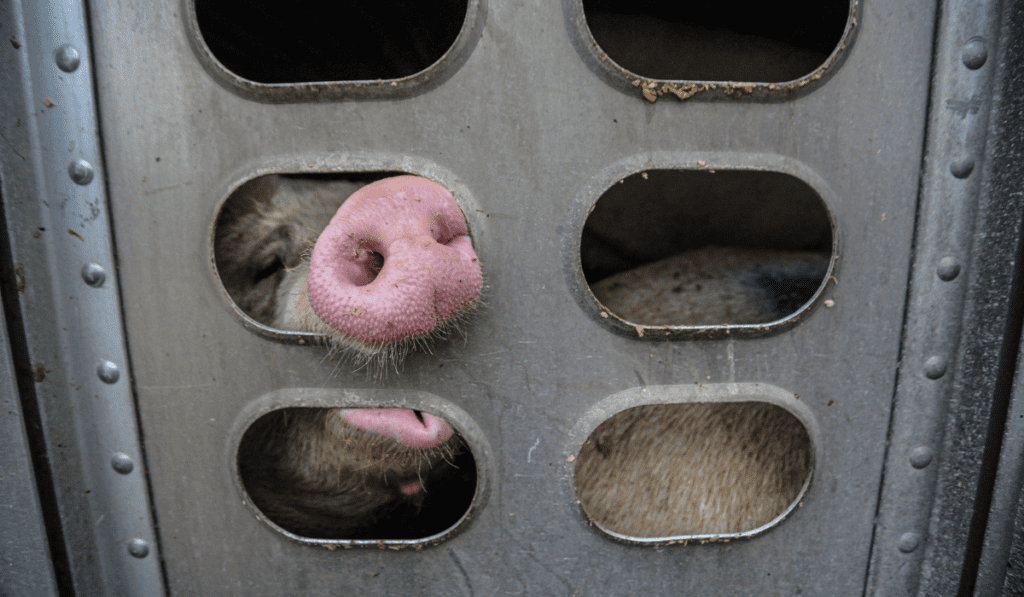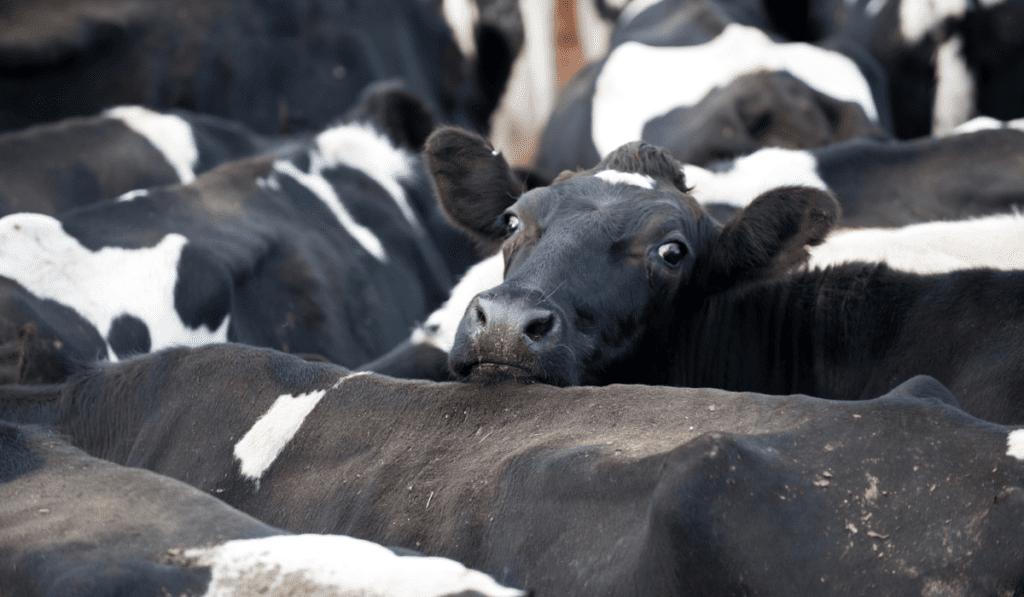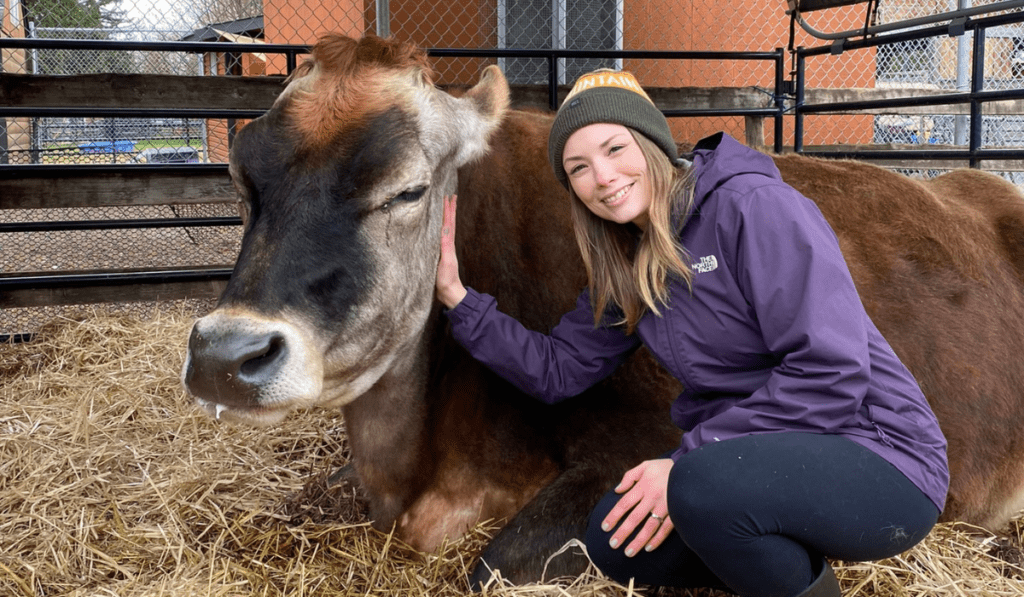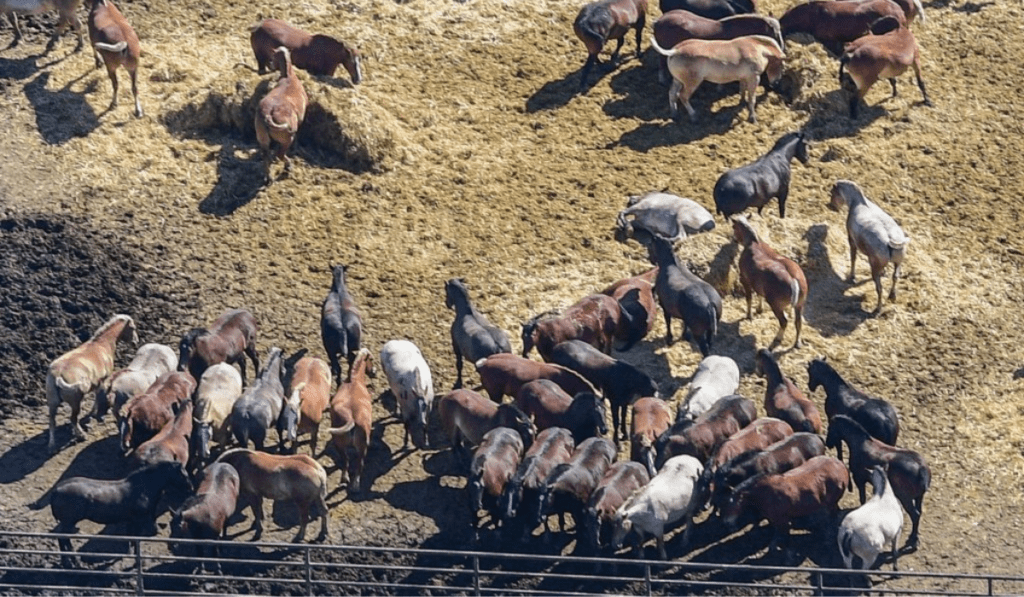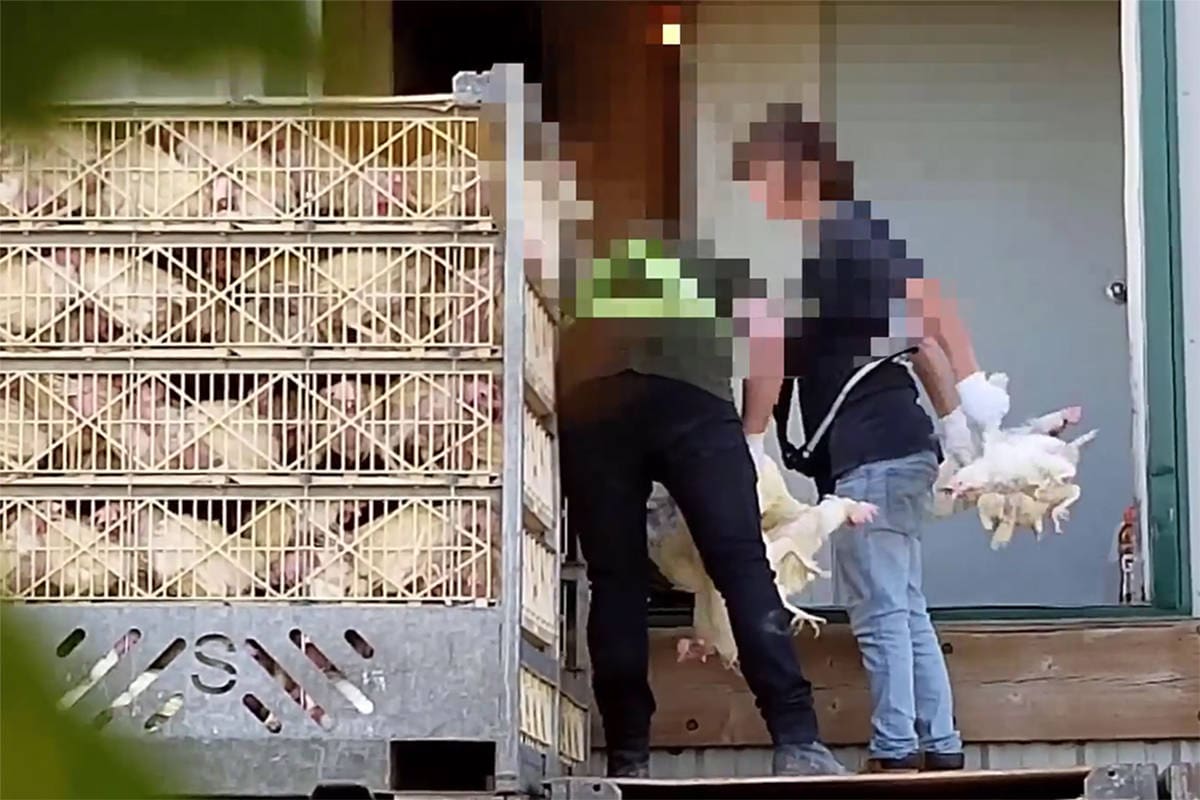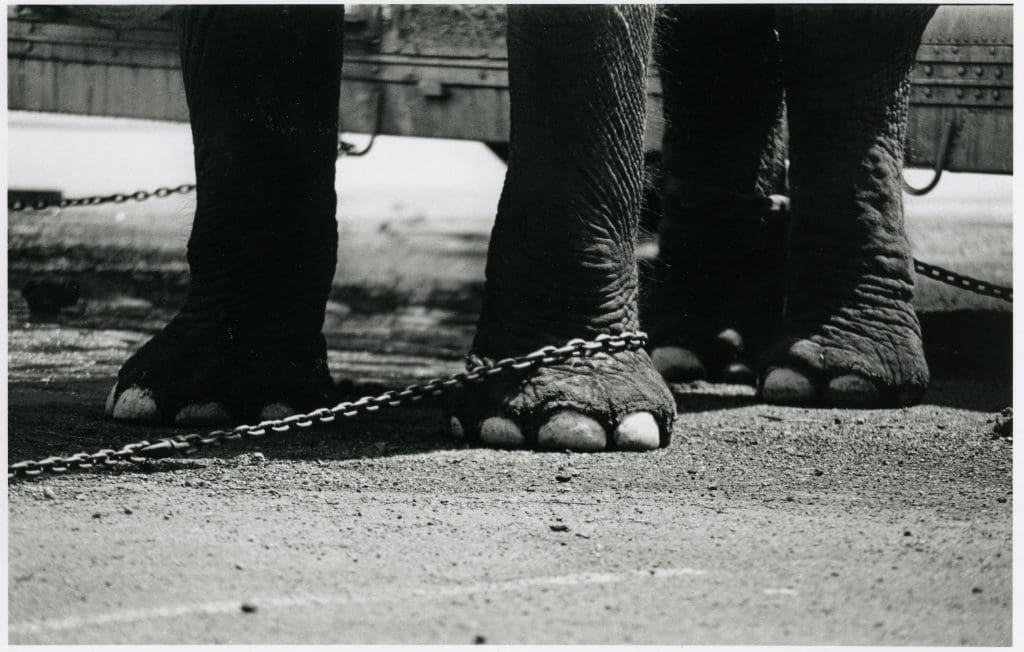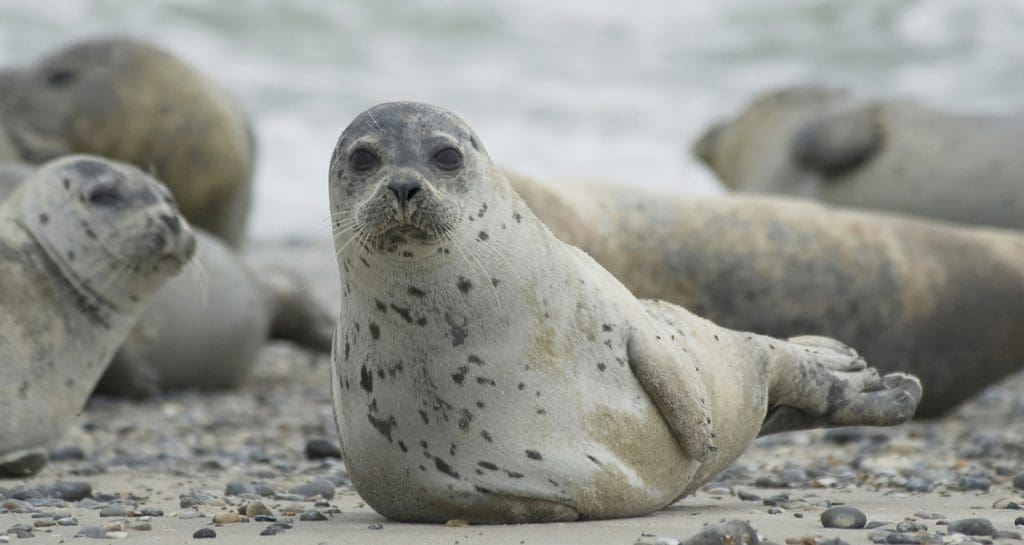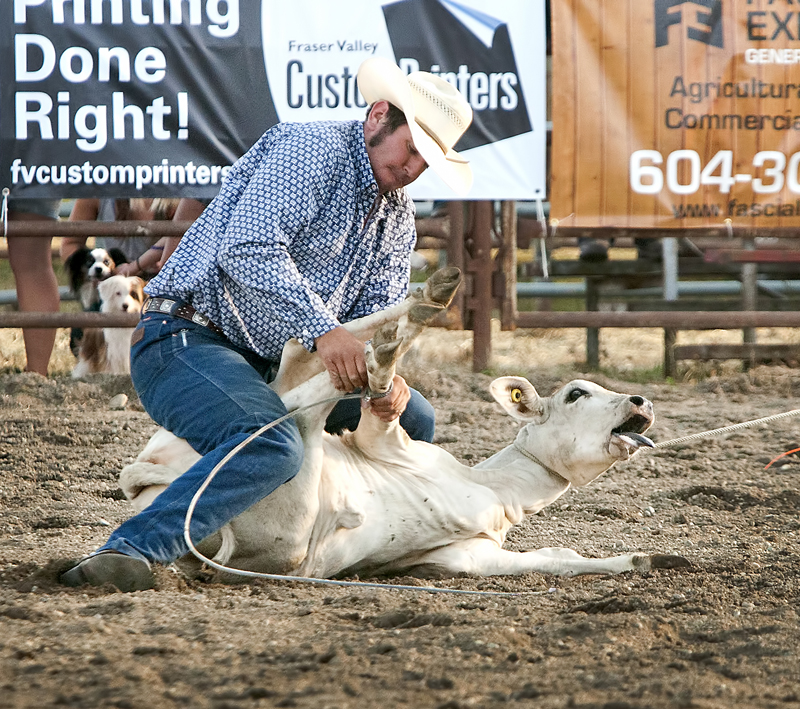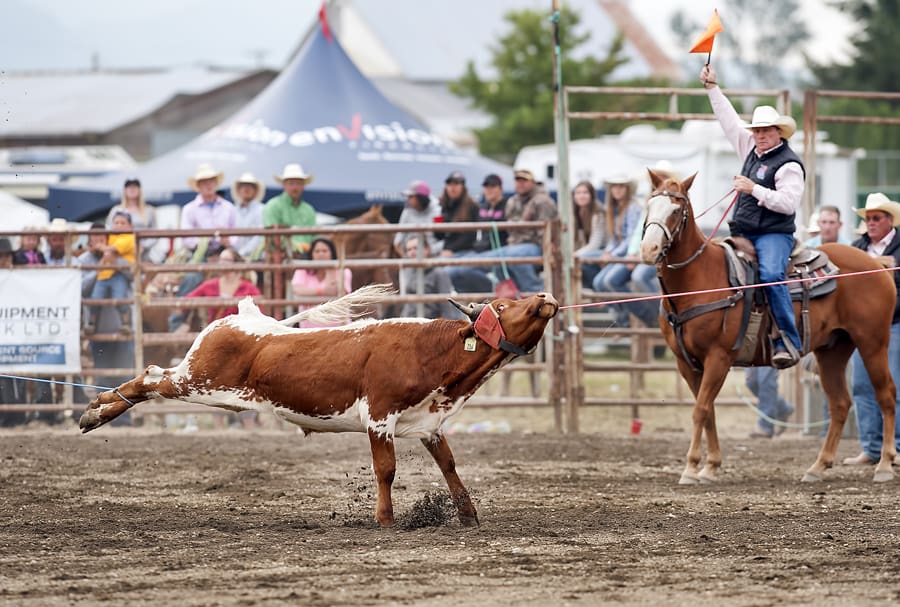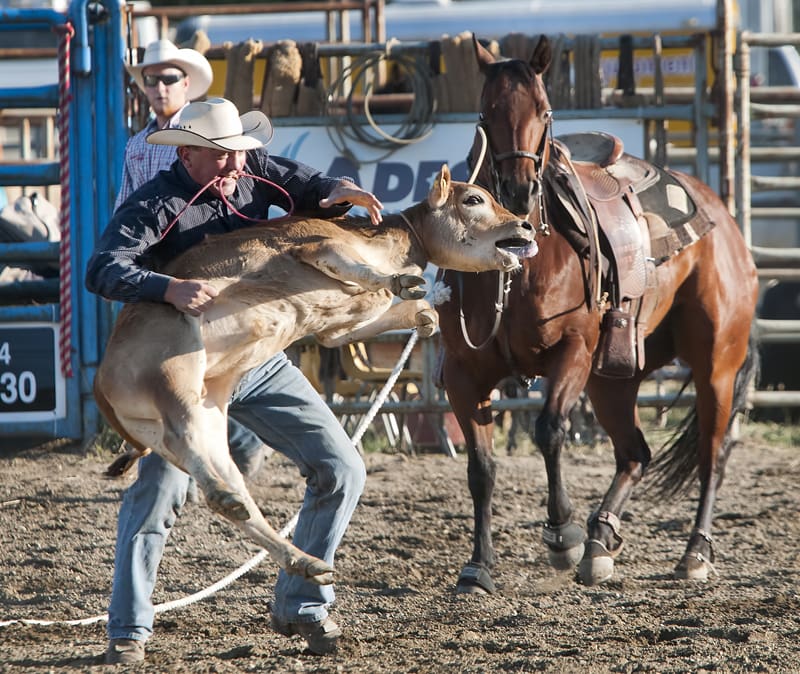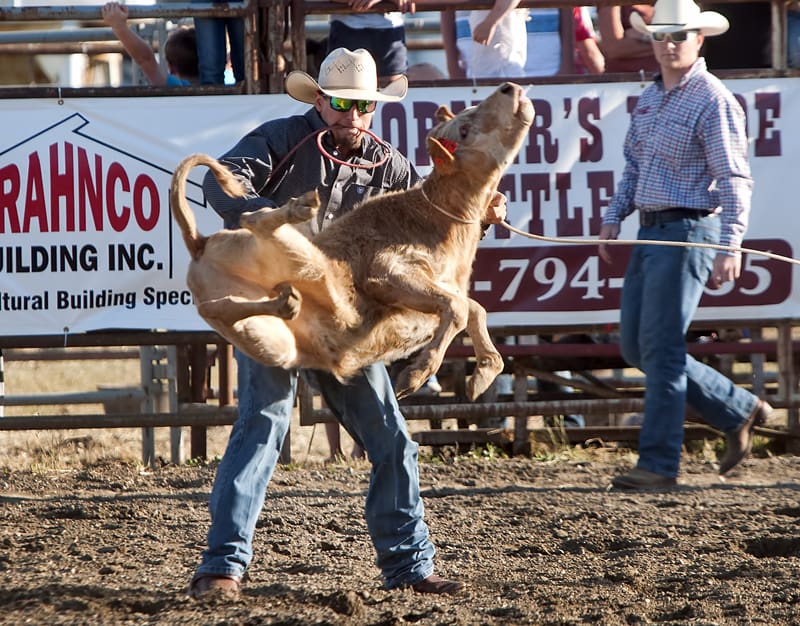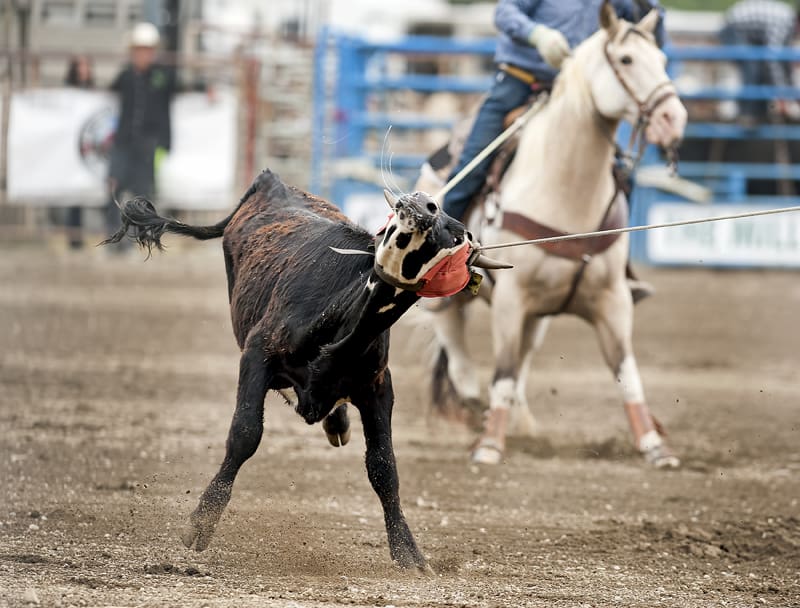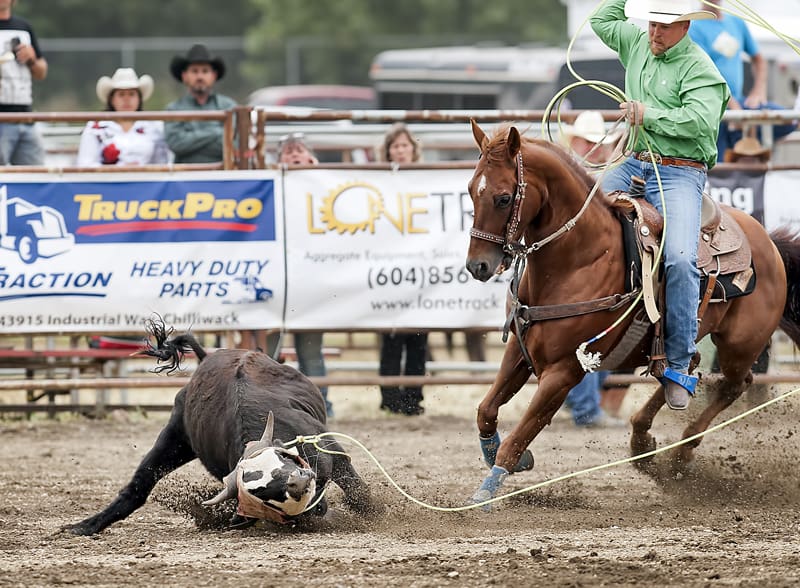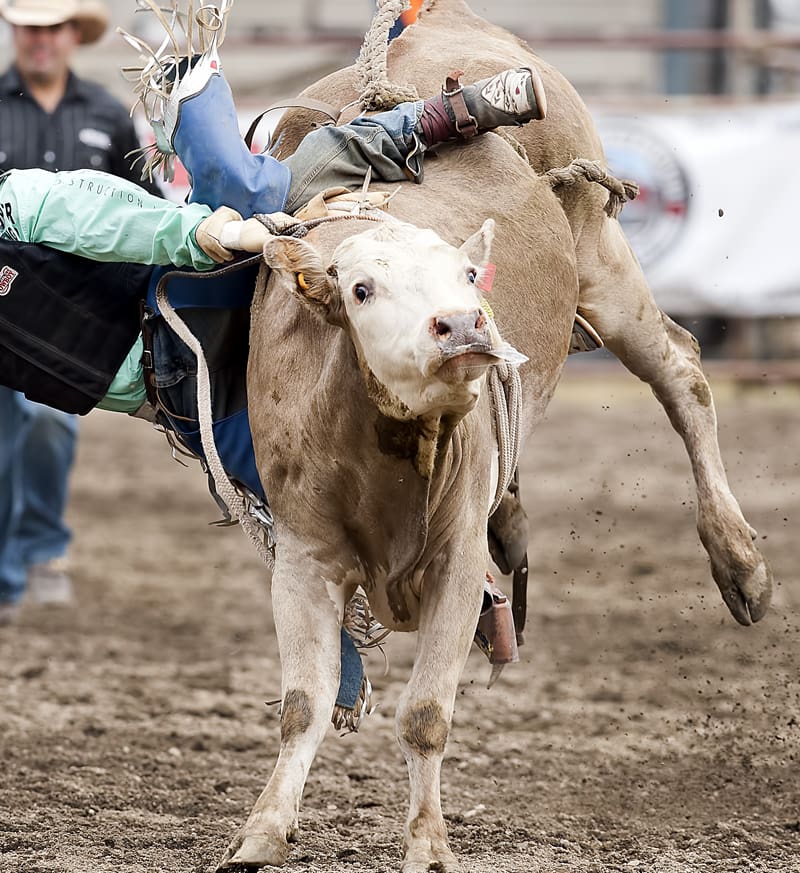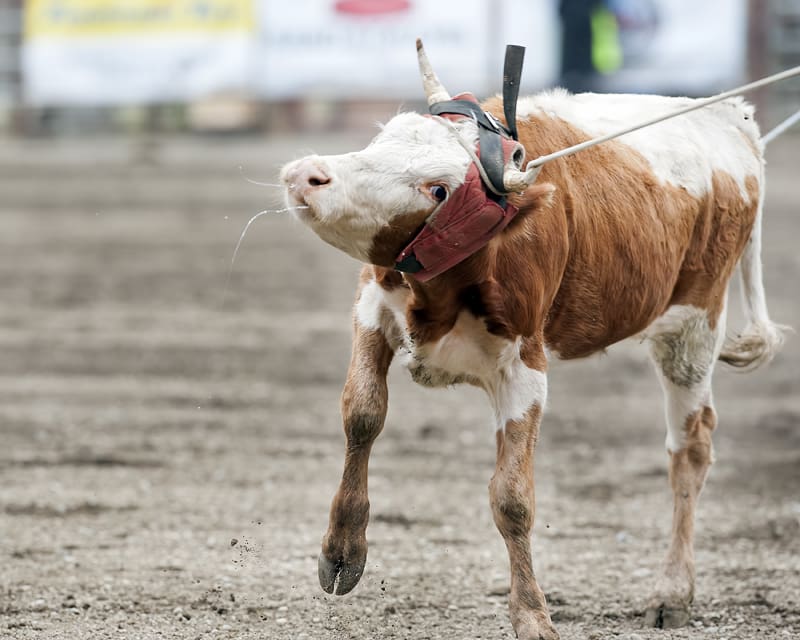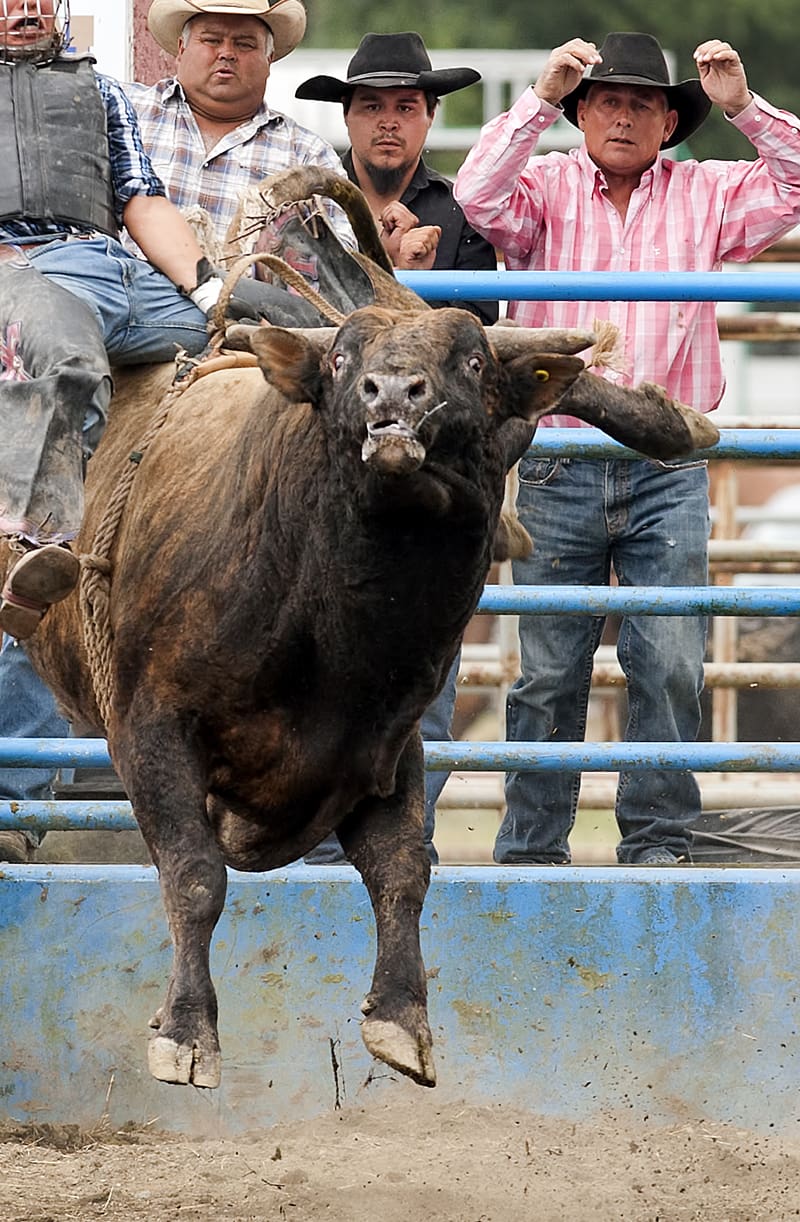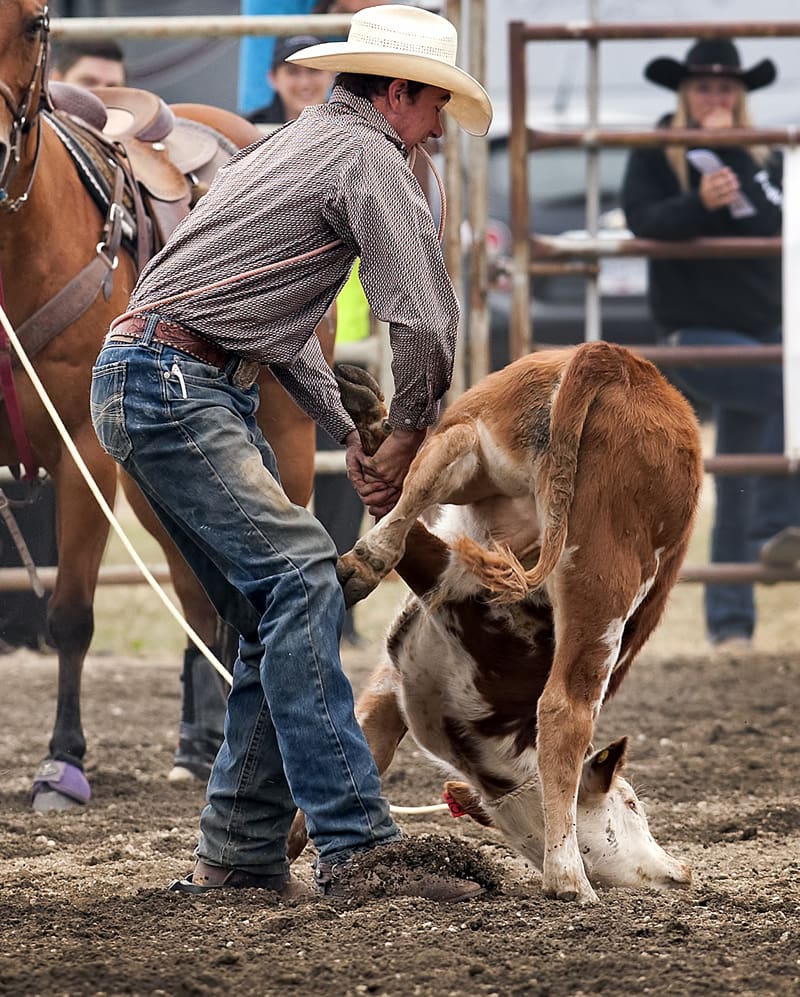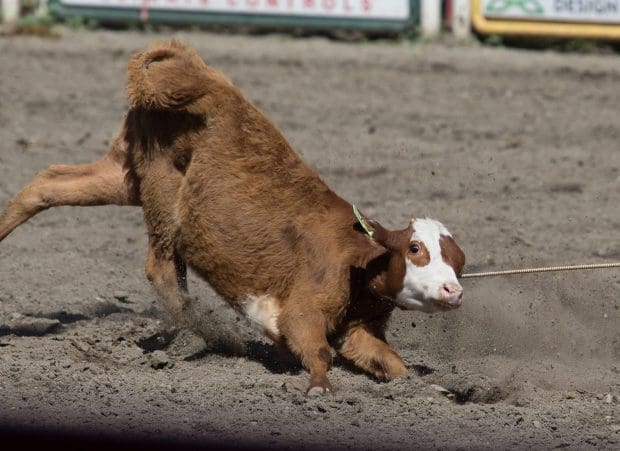Here are some of the ways you helped make our world a better place for animals this year! Click the links below to scroll to a section.
Working to protect wildlife
Habitat protection for owls and bears
Late last year, VHS launched a petition calling on the provincial government to stop planned logging in two important wildlife habitats: the Sunshine Coast and in the Fraser Canyon. The Dakota Ridge area on the Sunshine Coast is home to a concentration of black bear dens, while the Fraser Canyon is the last known habitat of wild spotted owls in Canada. More than 2,300 people signed the petition!
In early March, the B.C. government agreed to permanently halt logging in the Dakota Ridge area. Meanwhile, the Spô’zêm Nation and environmental groups leading the campaign against planned logging in the Fraser Canyon announced that the government has put the plan on hold.
B.C. implements a partial ban on rodenticides
This year, VHS worked with a strong team of animal advocates to call for a ban on inhumane and indiscriminate rodent poisons, also known as rodenticides. These baited poisons cause a slow and painful death for the animals that consume them, and can harm or even kill the animals that eat poisoned mice or rats. VHS’s petition to end rodenticide use in B.C. received more than 3,000 signatures!
Following a meeting between VHS, other animal advocacy groups, and B.C. decision-makers, the provincial government announced a temporary restriction on second-generation anticoagulant rodenticides—the most toxic type of rodent poisons.
While the partial ban is a welcome first step, further action is needed to address the continued deaths of wildlife. You can support a permanent ban on all rodenticides by contacting the Ministry of Environment through our simple 30-second email tool.
Speaking up for animals in entertainment
New Westminster moves to repurpose the Queen’s Park petting farm
VHS shared a briefing note with the City of New Westminster about the Queen’s Park Petting Farm. The note highlighted evidence-based concerns related to animal welfare, public health and safety, and public education; we recommended a closure of the petting farm.
In July, the City launched a public consultation seeking ideas from residents for an alternative space at Queen’s Park. They have since recognized that the space is not suitable for housing large animals. We are pleased to see city programming moving in an animal-friendly direction.
Fairmont Hotels agrees to stop promoting and offering sled dog rides
In September, Fairmont Hotels announced it would no longer promote or offer sled dog rides! The announcement followed efforts by animal advocates to draw attention to the harms of commercial sled dog tourism, including a letter from VHS to Fairmont Whistler and an incredibly successful petition and campaign by advocates.
Chilliwack Fair Rodeo cancelled for a second year
The Chilliwack Fair’s rodeo event was again cancelled due to COVID-19, sparing animals from the suffering endured at rodeos. VHS plans to engage Chilliwack City Council next year, pointing to the fact that the Fair was able to go ahead as a more family-friendly event without the cruel rodeo.
Keeping companion animals with their loving guardians
More than 400 animals helped through veterinary assistance
Generous donors to VHS’s McVitie Fund and Helping Women and Pets program assisted more than 400 companion animals this year! These donations helped animals to access needed veterinary care while staying with their loving families. Learn more about how veterinary assistance helps animals and their guardians.
Because They Matter participants connect with animal guardians in the DTES
In July, volunteers gathered in Vancouvers Downtown Eastside neighbourhood to hand out harnesses, leashes, dog treats, and blankets. More than 60 people and their animals who spend their days on the streets visited VHS’s booth in Pigeon Park. The team also shared vital information about veterinary assistance with about 350 people!
Check out the photos of some of the happy recipients.
Community rallies to support animals impacted by flooding
As flooding in B.C. forced many residents out of their homes, the people impacted are doing their best to make sure their loved ones are healthy and safe—including their animal family members. VHS’s Flood Evacuee Veterinary Support fund has ensured that flood-impacted people can access care for their companion animals.
To date, VHS has assisted 37 individual companion animals and partnered with 6 veterinarians to support flood-affected farmed animals. We continue to receive applications as flood-impacted people recover and rebuild. Learn more about some of the flood-impacted animals who have been helped so far.
While this has been a very difficult time, it has also been a demonstration of the amazing power of community. We are grateful for the outpouring of support to help people and animals impacted by the floods.
Protecting farmed animals
City of Vancouver moves to decrease animal-based food purchasing by 20%
This year, VHS launched a new report, “Increasing Plant-Based Purchasing at the Municipal Level”. The report examines food purchasing for the City of Vancouver; it found that by replacing 20% of animal-based foods with plant-based alternatives, the City of Vancouver could save money, reduce greenhouse gas emissions, and save animal lives.
This shift would include all direct or indirect food purchasing at the City of Vancouver level; for instance, at catered city events, meetings, concessions, and through food-related funding that the city offers.
The report led to a motion that was unanimously passed by City Council! We look forward to working alongside the City of Vancouver to build a more animal-friendly future.
PlantUniversity supports people in transitioning to a plant-based diet
In August, VHS launched the PlantUniversity platform. This free online resource helps people find tasty recipes and handy resources at any stage of their plant-based journey. PlantUniversity also offers resources to institutions (like schools, hospitals, long-term care homes, and restaurants) that are looking to add plant-based options to their menu.
Adding more plant-based foods to our diets decreases the demand for industrial animal agriculture and reduces animal suffering. Even small changes like switching out a few meals each week for plant-based options can add up to a huge impact as we all work toward a more humane society for animals.
B.C. announces phase-out of cruel mink fur farms
Animal advocates and supporters across the province, including the Vancouver Humane Society, the BC SPCA, The Fur-Bearers, the Union of BC Indian Chiefs, and Ban Fur Farms BC, have been pushing for an end to unnecessary and inhumane fur farms for years. This year saw a public push for change after a COVID-19 outbreak was discovered at a third B.C. mink farm.
In November, the B.C. government announced that mink farms will be phased out completely by 2025.
While the announcement is a huge win, there is still more to be done. VHS will continue to monitor this situation and call for an end to all fur farms in B.C.
Animal champions surpass Giving Tuesday goal for VHS & The Happy Herd
On Giving Tuesday, November 30, VHS partnered with The Happy Herd Farm Sanctuary to make life better for animals. With your help, we surpassed our $15,000 goal with an incredibe $18,277 raised! These funds will go toward providing a loving home for rescued farmed animals and working to prevent animal suffering in all forms.
Animal protection recognized in federal platforms
Animal protection was recognized as an election issue this year! Issues related to the wildlife trade, farmed animals, companion animals, and more were included in the main party platforms. This year also marked the first-ever federal debate dedicated to animal protection, featuring representatives from the Green Party, Liberal Party, and New Democratic Party.
Thousands of voters across Canada tuned in to watch the debate hosted by the Vancouver Humane Society, Animal Justice, Montreal SPCA, Nation Rising, and World Animal Protection.
A cruelty-free future
Thank you for helping make so much progress for animals this year. Let’s celebrate the changes made in 2021 and turn this progress into momentum for 2022 and beyond. Stay tuned for advocacy on animals in captivity as well as continued advocacy and programming to support a cruelty-free future.
You can support continued advocacy on behalf of all animals today and for years to come by making an end-of-year donation. All donations made before midnight on December 31st will receive a tax receipt for the 2021 financial year.

